Indus Waters Treaty At Risk? Examining The Potential Consequences Of The Pahalgam Attack
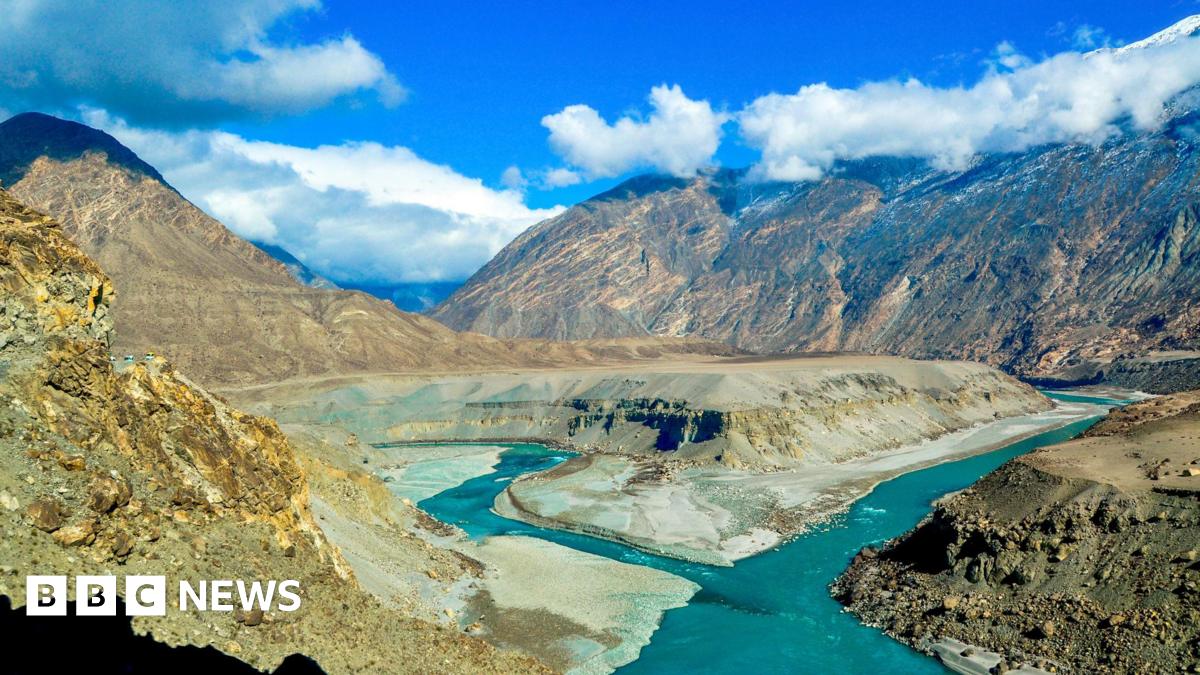
Welcome to your ultimate source for breaking news, trending updates, and in-depth stories from around the world. Whether it's politics, technology, entertainment, sports, or lifestyle, we bring you real-time updates that keep you informed and ahead of the curve.
Our team works tirelessly to ensure you never miss a moment. From the latest developments in global events to the most talked-about topics on social media, our news platform is designed to deliver accurate and timely information, all in one place.
Stay in the know and join thousands of readers who trust us for reliable, up-to-date content. Explore our expertly curated articles and dive deeper into the stories that matter to you. Visit Best Website now and be part of the conversation. Don't miss out on the headlines that shape our world!
Table of Contents
Indus Waters Treaty at Risk? Examining the Potential Consequences of the Pahalgam Attack
The recent terrorist attack in Pahalgam, Kashmir, has cast a long shadow, raising serious concerns about the future of the crucial Indus Waters Treaty (IWT) between India and Pakistan. This vital agreement, signed in 1960, governs the sharing of the six rivers of the Indus River system – Indus, Jhelum, Chenab, Ravi, Beas, and Sutlej – and its potential disruption could have devastating consequences for both nations.
The attack, while deplorable in its own right, has reignited tensions between India and Pakistan, threatening to unravel decades of delicate cooperation fostered under the IWT. While no direct link has been established between the attack and the treaty, the heightened animosity could easily spill over into the already sensitive area of water resource management.
The Indus Waters Treaty: A Foundation of Regional Stability
The IWT, mediated by the World Bank, is a landmark agreement in international water law. It meticulously outlines the allocation of river waters, ensuring that both India and Pakistan have access to sufficient resources for irrigation, hydropower generation, and other essential needs. The treaty has, for the most part, successfully prevented large-scale conflict over water resources, contributing significantly to regional stability. However, its success hinges on trust and cooperation, elements currently under considerable strain.
Potential Consequences of Escalated Tensions:
The heightened tensions following the Pahalgam attack raise several worrying possibilities:
-
Disruption of Water Flow: While unlikely in the short term, an escalation of conflict could lead to deliberate disruptions in water flow, severely impacting agricultural production and livelihoods in both countries. This would be particularly damaging for Pakistan, which relies heavily on Indus River waters for its agricultural sector.
-
Reduced Cooperation on Maintenance: The IWT requires ongoing cooperation on maintaining infrastructure like dams and canals. Strained relations could lead to a decline in collaborative efforts, resulting in deterioration of infrastructure and potential flooding or water shortages.
-
Increased Militarization of Water Resources: A further escalation could result in both countries militarizing water resources, leading to an arms race and heightened risk of conflict. This would dramatically undermine the treaty's purpose and create a dangerous precedent for other water-sharing agreements globally.
-
International Intervention: The potential collapse of the IWT could prompt intervention from international bodies like the World Bank and the United Nations, potentially leading to further diplomatic complexities and delays in resolving the crisis.
The Path Forward: De-escalation and Dialogue
The current situation demands immediate de-escalation and a renewed commitment to dialogue between India and Pakistan. Both nations must remember that the IWT is not merely a treaty, but a vital lifeline for millions of people. Compromise and cooperation are paramount to avoiding a catastrophic humanitarian and economic crisis.
Strengthening the Framework:
While the existing treaty provides a solid foundation, exploring mechanisms to enhance its robustness could be beneficial. This could include:
- Independent Monitoring Mechanisms: Strengthening independent monitoring and dispute resolution mechanisms could bolster transparency and confidence-building measures.
- Improved Communication Channels: Establishing clearer and more effective communication channels between the two nations would be crucial in managing disagreements and preventing misunderstandings.
- Joint Water Management Projects: Collaborating on joint water management projects could foster a sense of shared responsibility and mutual benefit.
The Pahalgam attack serves as a stark reminder of the fragility of peace and the vital importance of the IWT. Ignoring the potential consequences of escalating tensions would be a grave mistake, with far-reaching repercussions for both India and Pakistan, and the broader regional stability. The time for diplomacy and cooperation is now. The future of the Indus Waters Treaty, and the millions who depend on it, hangs in the balance.

Thank you for visiting our website, your trusted source for the latest updates and in-depth coverage on Indus Waters Treaty At Risk? Examining The Potential Consequences Of The Pahalgam Attack. We're committed to keeping you informed with timely and accurate information to meet your curiosity and needs.
If you have any questions, suggestions, or feedback, we'd love to hear from you. Your insights are valuable to us and help us improve to serve you better. Feel free to reach out through our contact page.
Don't forget to bookmark our website and check back regularly for the latest headlines and trending topics. See you next time, and thank you for being part of our growing community!
Featured Posts
-
 Swiatek Confident Ahead Of Madrid Tournament Return
Apr 26, 2025
Swiatek Confident Ahead Of Madrid Tournament Return
Apr 26, 2025 -
 Big Reveal New Sponsor For Sunderlands Upcoming Game
Apr 26, 2025
Big Reveal New Sponsor For Sunderlands Upcoming Game
Apr 26, 2025 -
 Freitag In Stuttgart Shirin David Konzert Vf B Spiel And Fruehlingsfest
Apr 26, 2025
Freitag In Stuttgart Shirin David Konzert Vf B Spiel And Fruehlingsfest
Apr 26, 2025 -
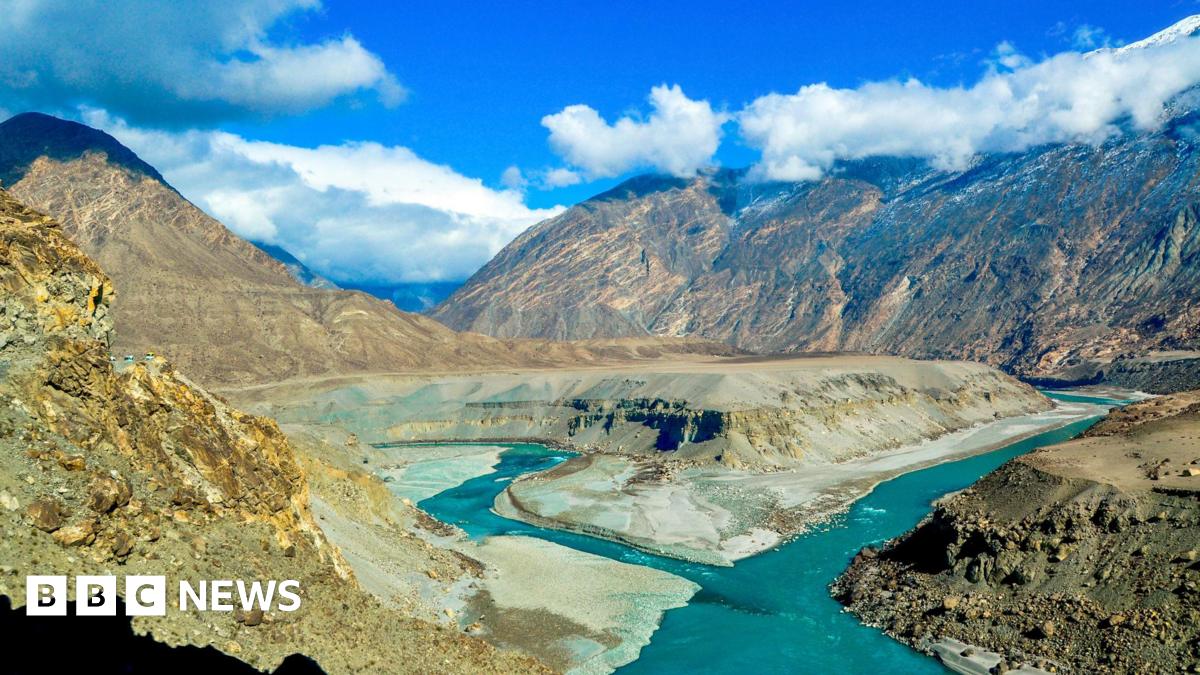 India Pakistan Tensions Will The Indus Waters Treaty Be A Casualty Of The Pahalgam Attack
Apr 26, 2025
India Pakistan Tensions Will The Indus Waters Treaty Be A Casualty Of The Pahalgam Attack
Apr 26, 2025 -
 Dutch Queen Beatrix Warhol Print Accidental Trash Disposal
Apr 26, 2025
Dutch Queen Beatrix Warhol Print Accidental Trash Disposal
Apr 26, 2025
Latest Posts
-
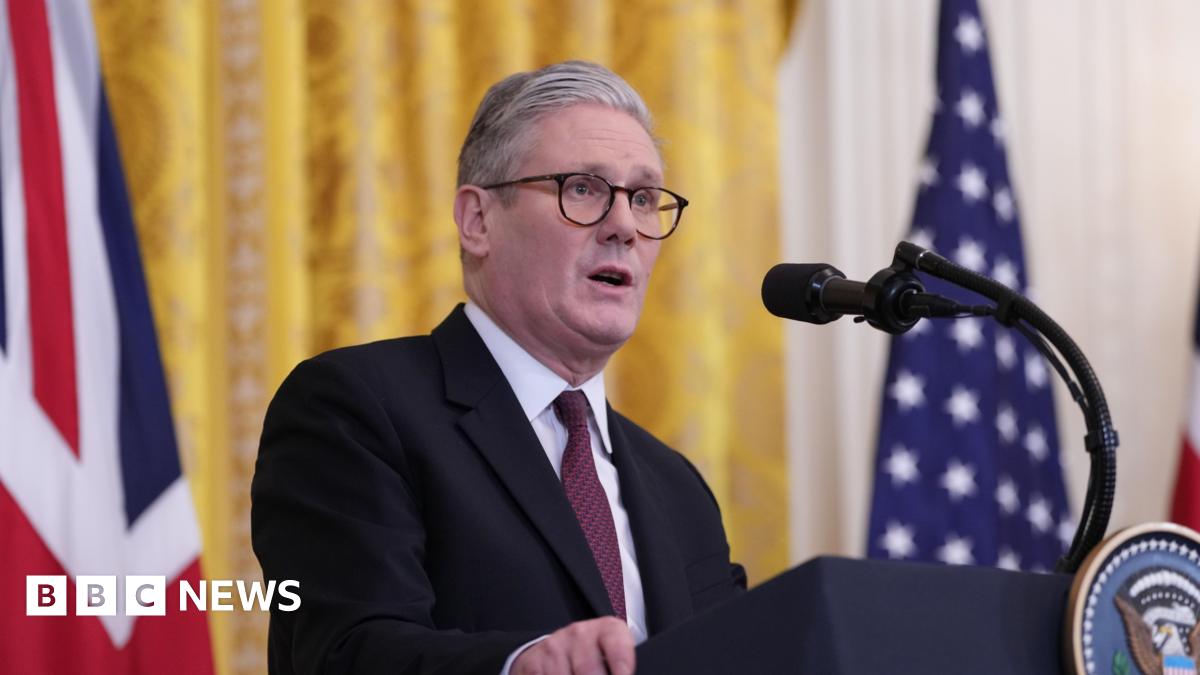 Starmers Triumph Analyzing The Significance Of The Trump Deal
May 10, 2025
Starmers Triumph Analyzing The Significance Of The Trump Deal
May 10, 2025 -
 Die Rivalitaeten Von Xatar Konflikte Und Feindschaften Im Ueberblick
May 10, 2025
Die Rivalitaeten Von Xatar Konflikte Und Feindschaften Im Ueberblick
May 10, 2025 -
 Andreeva Through To Italian Open Third Round
May 10, 2025
Andreeva Through To Italian Open Third Round
May 10, 2025 -
 Jose Peseiro Under Pressure Egypt Job On The Line
May 10, 2025
Jose Peseiro Under Pressure Egypt Job On The Line
May 10, 2025 -
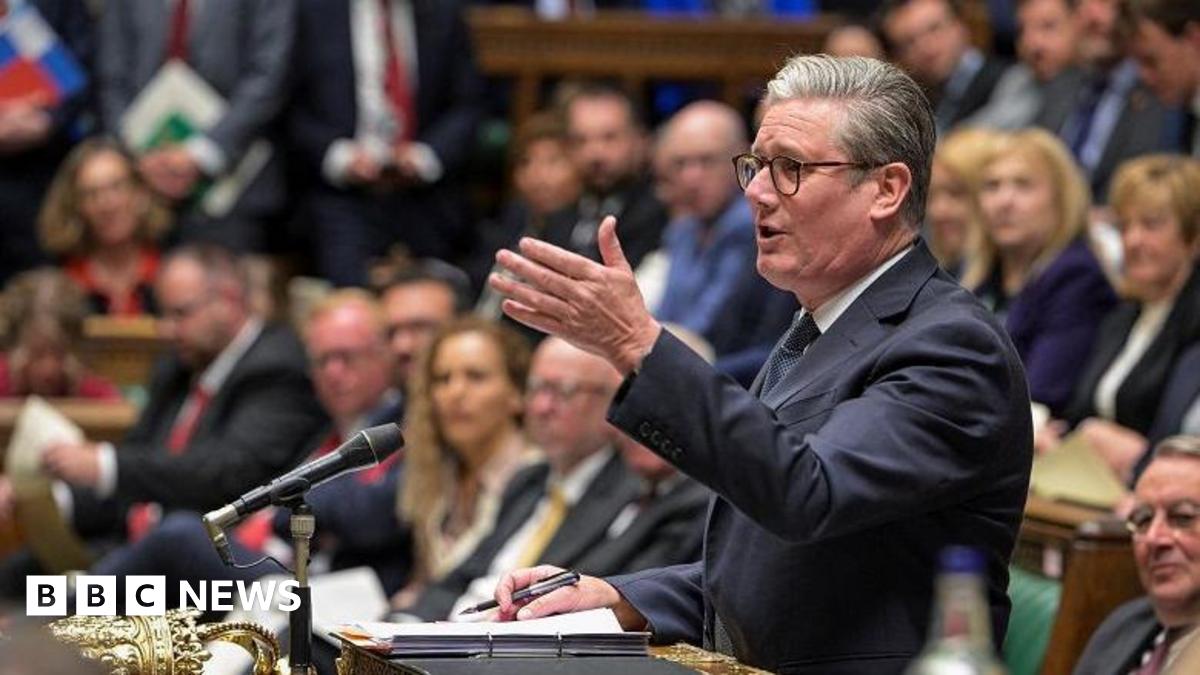 Starmers Welfare Cuts Spark Labour Party Revolt
May 10, 2025
Starmers Welfare Cuts Spark Labour Party Revolt
May 10, 2025 -
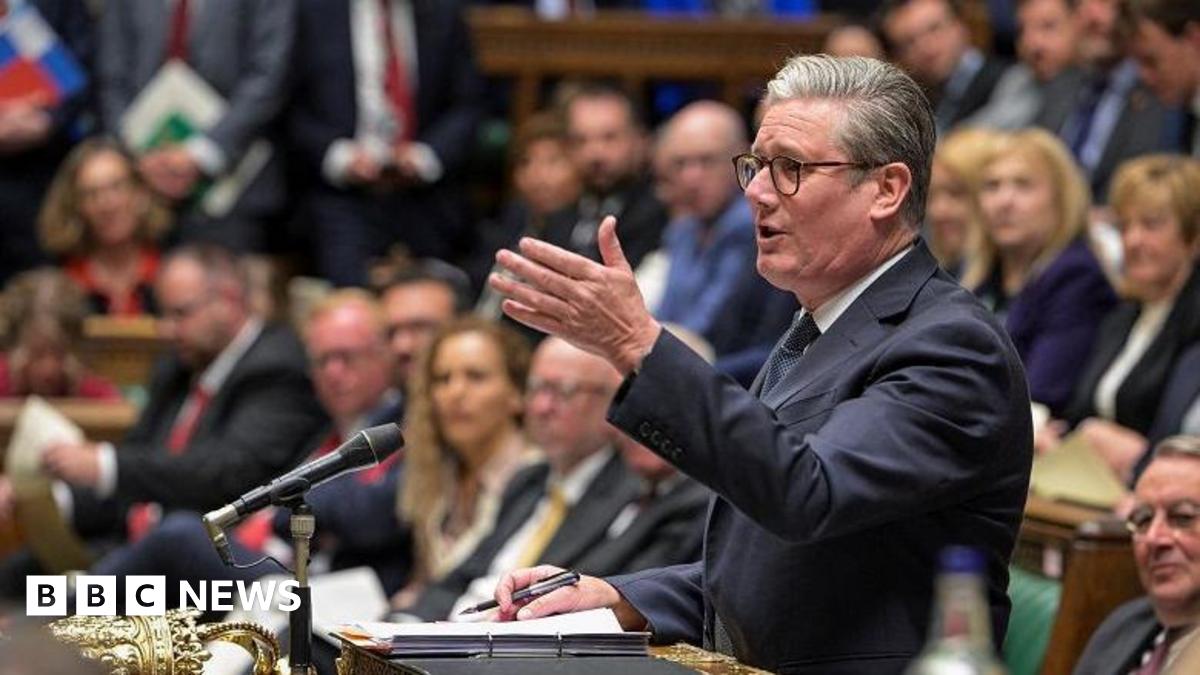 Labour Mps Rebel Against Starmers Austerity Measures
May 10, 2025
Labour Mps Rebel Against Starmers Austerity Measures
May 10, 2025 -
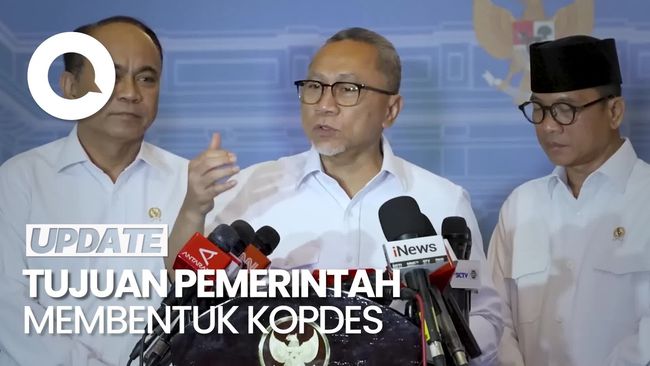 Video Menko Zulhas Ungkap Strategi Pembentukan Kopdes
May 10, 2025
Video Menko Zulhas Ungkap Strategi Pembentukan Kopdes
May 10, 2025 -
 Jennifer Aniston Stalker Charged After Reportedly Crashing Into Her Home
May 10, 2025
Jennifer Aniston Stalker Charged After Reportedly Crashing Into Her Home
May 10, 2025 -
 Bargain Hunt Art Dealer Ochuko Ojiri Terror Charges Filed
May 10, 2025
Bargain Hunt Art Dealer Ochuko Ojiri Terror Charges Filed
May 10, 2025 -
 Bioskop Trans Tv 9 Mei 2025 Saksikan Kisah Nyata Jelang Akhir Pekan
May 10, 2025
Bioskop Trans Tv 9 Mei 2025 Saksikan Kisah Nyata Jelang Akhir Pekan
May 10, 2025
